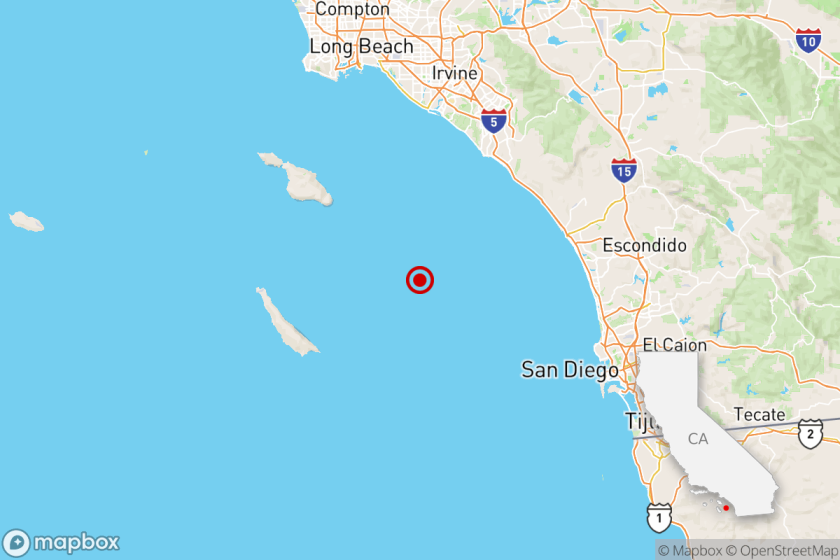Informed Opinions on Today’s Topics : A Lukewarm Reaction to Gas-Valve Plan
Councilman Hal Bernson this week proposed a law that would require all residences and businesses in the city of Los Angeles to be equipped with gas valves that automatically shut off during strong earthquakes.
The proposal goes a step further than a law previously championed by Bernson that requires only new residential, industrial and commercial structures to have automatic gas shut-off valves. That law goes into effect July 1. Bernson cited Southern California Gas Co. statistics stating that nearly 17,000 gas leaks occurred as a result of the Northridge earthquake in his campaign to apply the automatic gas valve shut-off law to the more than 600,000 older structures.
A member of the California Seismic Safety Commission, Bernson said the valves would reduce the number of fires fueled by gas leaks occurring as a result of major quakes.
Opponents of the proposal question the efficiency of the valves and call the nearly $300 it would take to install the devices a financial burden.
Supporters point to images of a fiery Kobe, Japan, as a reminder of the necessity to mitigate all potential fire hazards exposed by disasters.
*
Should existing homes and commercial structures be required to install emergency gas shut-off valves?
Dan Faller, Apartment Owners Assn. of Southern California:
“One should be able to make those decisions on his own. It was reported that there is a danger in reopening those valves once they shut off. The City Council should be prepared to be finan1667850604 operate those devices, which could be dangerous. If (emergency shut-off) valves are needed for every meter on larger apartment complexes, the costs would be outrageous.”
Peter Kalaydjian, owner of Recon-1, a disaster survival equipment store:
“About 80% of shut-off valves on the market don’t work well. They are just another way for frightened people to purchase peace of mind. Some manufacturers take advantage of that fear. If (product defects) aren’t brought to consumers’ attention, they will think that they are set. We don’t carry the shut-off valves. We have (non-metallic) wrenches for sale that can be clamped onto a regular valve in case it needs to be turned off.”
Dick Friend, spokesman for the Southern California Gas Co.:
“We’re not opposed to people installing those devices, but it should not be mandatory. There has not been enough research done on the Kobe quake to know if those valves are effective. There are currently many such devices on the market that operate differently. Some set off false alarms under low thresholds and can become a nuisance. The gas leaks (mentioned by Bernson) were primarily ones found in a sweep conducted by our company of the quake area. On any given day, however, we will find a number of leaks in underground pipes that are simply old. If there’s a gas fire, chances are that it began inside the house with an appliance. People can strap their water heaters so they don’t topple over and make sure old stove ranges are not leaking.
Tom Tolbin, executive director, State Seismic Safety Commission:
“I recently got back from Kobe. When you see the effects of fire, it’s a sobering reminder that we have to reduce the risk of fires (started by) earthquakes. There is no silver bullet, but it starts with reducing the sources of ignition. We must make sure houses are anchored on their foundations, appliances are braced, and that gas valves are protected. Shut-off valves are part of the bag of tools we have available. But we need to improve on state standards for those devices.”
More to Read
Sign up for Essential California
The most important California stories and recommendations in your inbox every morning.
You may occasionally receive promotional content from the Los Angeles Times.










